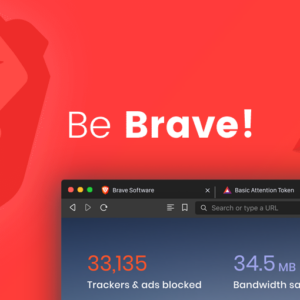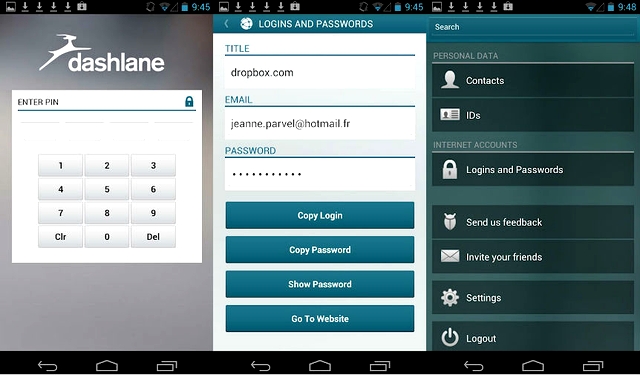Here are some tips to help you keep your passwords safe.

- Use strong passwords: Avoid using easily guessable passwords, such as “123456” or “password”. Instead, use a combination of letters, numbers, and special characters to create a strong, unique password.
- Use a different password for each account: If a hacker gets hold of one of your passwords, they’ll try using it to access your other accounts. By using a different password for each account, you’ll make it more difficult for hackers to gain access to your sensitive information.
- Use a password manager: A password manager is a tool that stores all your passwords in a secure, encrypted way. You’ll only need to remember a single master password to access all your other passwords. This can help you create and manage strong, unique passwords for all your accounts.
- Enable two-factor authentication (2FA): Many websites and services offer 2FA, which requires you to enter a code sent to your phone or email in addition to your password when you log in. This adds an extra layer of security to your accounts.
- Be cautious when sharing passwords: Don’t share your passwords with anyone, and be careful when logging in to accounts on public or shared computers.
- Avoid using the same password for multiple accounts: As mentioned before, if a hacker gets hold of one of your passwords, they’ll try using it to access your other accounts. By using different passwords for each account, you’ll make it more difficult for hackers to gain access to your sensitive information.
- Use long passwords: Longer passwords are generally more secure than shorter ones, as they are harder to guess or crack. Aim for a minimum of 12 characters for each password.
By following these tips, you can help keep your passwords and sensitive information safe and secure.





